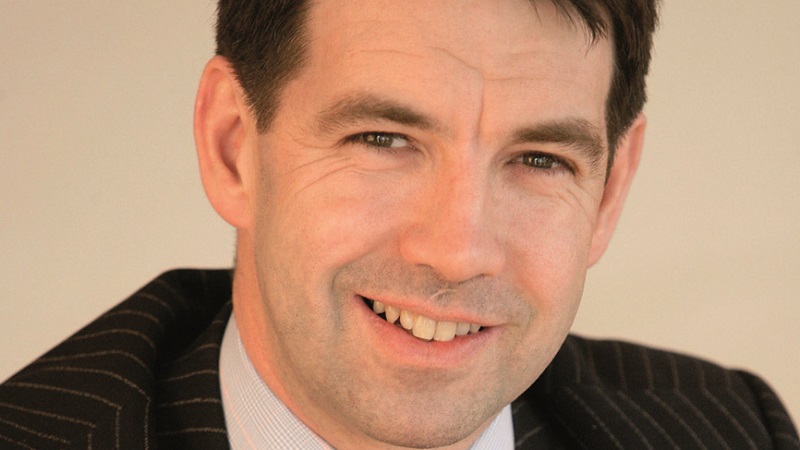M&G and Jupiter have consistently underperformed rival fund houses over the last five years, according to data from Fundcalibre’s latest Fund Management Equity Index.
Bailie Gifford topped the chart for the first time, with its average fund returning 82.2% more than peers in the five years to 31 December 2020, the highest five year outperformance in the history of the survey. The Edinburgh fund house thrust three time winner Morgan Stanley into second place, with its five year average outperformance of 73%.
At the other end of the scale Sanlam and Axa Rosenberg ranked as the two worst performing fund groups, down 18.3% and 15.8% compared with peers respectively.
Jupiter and M&G both featured in the bottom ten as a handful of underperforming strategies pulled the asset managers down.
M&G North American Value and Recovery funds weigh on performance
M&G recorded a five-year return of -11.01% across the 17 funds included in the survey, making it the ninth worst fund house out of 69.
Fund Calibre managing director Darius McDermott identified M&G’s North American Value fund as one of its biggest laggards. The £171.9m fund, which is managed by Daniel White, has returned 84.1% over five years, compared to the IA North America returns of 131.3%, according to Trustnet.
M&G was also weighed down by its Japan focused funds and Tom Dobell’s (pictured) £1.5bn Recovery fund, which are all value tilted, McDermott noted.
The Recovery fund is currently in the fourth quartile of the IA UK All Companies sector over five years, having returned 32.1% against the average fund’s 43.6%. Dobell exited M&G toward the end of 2020, leaving Michael Stiasny in charge of the fund.
A spokesperson for M&G said: “The reintroduction of restrictions and the uncertain long-term economic impact of Covid-19 continues to impact asset prices and investor sentiment globally. The recovery in equity markets has not been equal with growth stocks leading the charge, increasing the disparity between growth and value stocks.”
The fund house slashed fees on 45 funds last year after their value report found that a number of their funds failed to justify their fees. The review saw fees on its Recovery Fund cut from 0.85% to 0.7%.
Jupiter languishing near the bottom
Jupiter was also languishing near the bottom of the Fund Calibre index, underperforming peers by 11.8% over five years on average.
Jupiter’s UK Growth fund was spotlighted by McDermott as a chronic underperformer. It has lagged the IA UK All Companies sector by a massive 58.2% over years, losing investors 14.6% compared to the average fund’s gains of 43.6%. Manager Chris Smith has only been in charge of the £511.7m fund since July, after longstanding manager Steve Davies was ousted following years of poor performance.
Ross Teverson’s Jupiter China fund has also generated disappointing returns over the timeframe of 66.8% compared to the IA China sector’s gains of 192%.
Jupiter was forced to close its Global Emerging Markets Equity Unconstrained fund, also run by Teverson, last July after its largest client sold its stake, making the fund no longer commercially viable. The fund was down 24.3% over three years, compared to the IA Global Emerging Markets sector’s loss of 4.6%.










